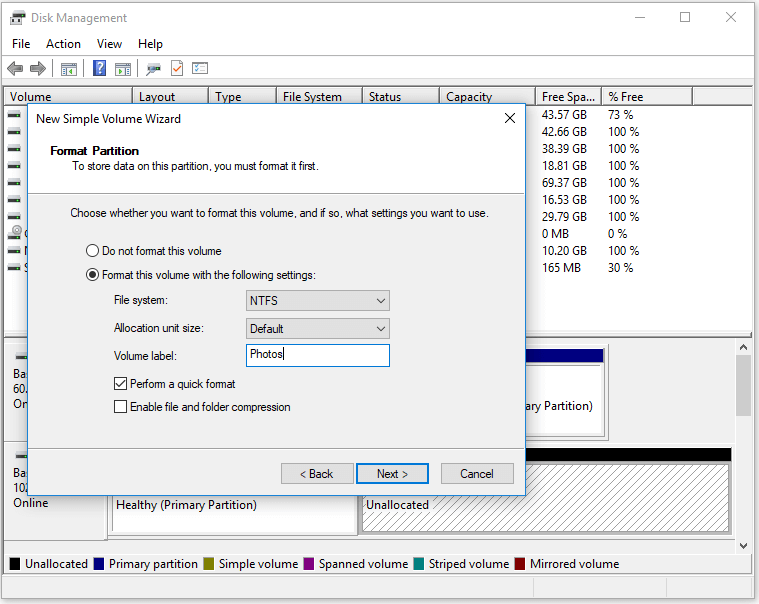

- #CREATE IMAGE OF HARD DRIVE INSTALL#
- #CREATE IMAGE OF HARD DRIVE DRIVERS#
- #CREATE IMAGE OF HARD DRIVE SOFTWARE#
In this example, we extracted the files to a folder in the program files directory at C:\Program Files (x86)\OSFClone.

The installation of OSFClone requires an UFD which is at least 2 GB in size. Warning: The process of installing OSFClone to an UFD will overwrite all existing data on the drive.īack up all existing data on your UFD to your hard disk drive prior to installing OSFClone. From this window, you can click "Burn" to transfer osfclone.iso to a CD or DVD. This will launch Windows Disc Image Burner.
#CREATE IMAGE OF HARD DRIVE INSTALL#
To install OSFClone using this method, right-click on the osfclone.iso image from Windows Explorer and select the Burn disc image menu-item. Users with Windows 7 and a CD/DVD writer can natively transfer*.iso images to CDs or DVDs. To run OSFClone, download and burn the osfclone.iso image to a CD or DVD, and choose to boot from the CD/DVD drive during system start up.
#CREATE IMAGE OF HARD DRIVE SOFTWARE#
To install OSFClone to a CD or DVD, you will need a CD/DVD writer and CD/DVD image writing software of your choosing. When integrity is of the utmost importance, we recommend using a write blocker in conjunction with OSFClone.
#CREATE IMAGE OF HARD DRIVE DRIVERS#
However due to different hardware, drivers variations and disk states, there could be a small chance of contamination, especially when the source drive is from a Linux / Unix machine. OSFClone does its best not to leave artifacts or alter the source evidence drive. Previous Version: OSFMount v ISO (49.5MB) ZIP (54.3MB) Installation Instructions Click to download the OSFClone zip (351 MB) Use OSFClone to save forensic meta-data (such as case number, evidence number, examiner name, description and checksum) for cloned or created images. After image creation, you can choose from a range of compression options to reduce the size of the newly created image, increasing portability and saving disk space. Verify that a disk clone is identical to the source drive, by using OSFClone to compare the MD5 or SHA1 hash between the clone and the source drive. The dc3dd format is ideal for computer forensics due to its increased level of reporting for progress and errors, and ability to hash files on-the-fly. OSFClone can create disk images in the dc3dd format. Boot into OSFClone and create disk clones of FAT, NTFS and USB-connected drives! OSFClone can be booted from CD/DVD drives, or from USB flash drives. OSFClone creates a forensic image of a disk, preserving any unused sectors, slack space, file fragmentation and undeleted file records from the original hard disk. After creating or cloning a disk image, you can mount the image with PassMark OSFMount before conducting analysis with PassMark OSForensics™. An open standard enables investigators to quickly and efficiently use their preferred tools for drive analysis. In addition to raw disk images, OSFClone also supports imaging drives to the open Advance Forensics Format (AFF), AFF is an open and extensible format to store disk images and associated metadata, and Expert Witness Compression Format (EWF). OSFClone is a free, self-booting solution which enables you to create or clone exact raw disk images quickly and independent of the installed operating system.


 0 kommentar(er)
0 kommentar(er)
